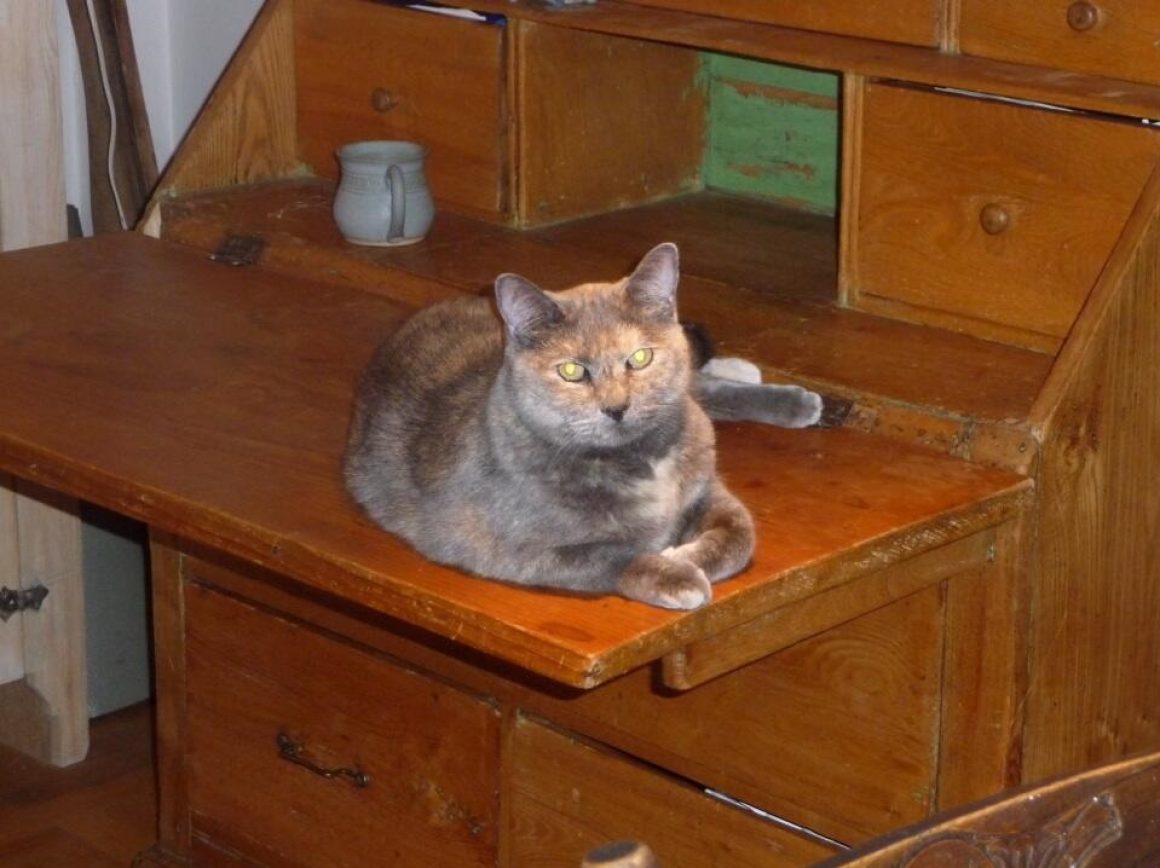The narrator of Mona Simpson’s “Lawns” draws the reader in with her very first words: “I steal”. The words are meant to provoke but also hold the reader. The narrator’s voice, angry and lonely, did hold me, although there were moments when I wanted to turn away from the horrible truth she told.
A first year, pre-med student at Berkley, Jenny steals mail from the dormitory mail room where she works on Saturday mornings. She steals cash, presents, and cookies, among other items, and she reads letters her former high school classmates receive. After stealing, Jenny feels a “rush” and “like she is even for everything she didn’t get before” (80). When the thefts are reported to the police, Jenny stops.
We soon learn what Jenny “did not get” or how she herself has been stolen from. Jenny’s father, in beginning a sexual relationship with Jenny when she was a small child and continuing that relationship into her young adulthood, could be said to have stolen Jenny’s childhood and adolescence, her very happiness. But Jenny is in college now, and the story explores her attempt to end things with her father and to begin a relationship with Glenn, a young man she first sees riding a lawn mower “on a little hill by the infirmary” (82) She loves him and he “thinks” (82) he loves her.
Jenny’s desire to be free of her father moves the story forward, but her attachment to him and his manipulative neediness become the obstacles. When her father drops her off at Berkley, he weeps, and Jenny reflects that though this “ was the moment [she] was waiting for, him gone and [her] alone”, she is “sad” (82), indicating that while she longs to be away from him, she is still attached to him. When he visits her, she doesn’t want to see him, but so that he does not simply mope around her dorm room, embarrassing her in front of her roommate, she decides to “get it over with” and “go with him” (88). Still, when he takes her to the Claremont Hotel, rents the bridal suite (“makes me sick” is Jenny’s response) and Jenny wakes up with her “legs hooked over his shoulders” she says, “Dad, stop it.” (90) Soon after this point, Jenny’s anger begins to win out over her pity and her need for him. When he phones her the next day, she tells him to “leave her alone” and when he asks if they will “end up together” (91) she tells him that they will not. Nevertheless, she is “scared” because she doesn’t “know what’ll happen” (92) suggesting that in spite of her father’s behaviour, she needs him. Given the fact that he is her father, and that the abuse has been going on for so long, I cannot really wonder at Jenny’s mixed feelings.
At the same time that she longs to be free of her father, she wants to begin a relationship with Glenn. But her past intimacy with her father intrudes on her intimacy with Glenn. During Jenny and Glenn’s first sexual encounter, Jenny is afraid she smells, because her father told her when she was “fourteen or fifteen”(82) that she had an odour. Also, feeling that she is “bad” and not like others, Jenny doesn’t want Glenn to know about her past; in fact, she’ll “die” (82) before she tells him. When she has sex with Glenn, she must tell herself that it’s “OK, this is just Glenn” (86).
Finally, Jenny gets so “mad” (94) that her father will not leave her alone, that she tells her mother about the abuse. After this, she tells Glenn, who breaks up with her, a heartbreaking consequence. He tells her that things are “always so serious” (95). Later, the narrator reflects: “I keep thinking of Glenn ‘cause of happiness, that’s what makes me want to hang onto him” (95). Her recollection of riding on the handlebars of Glenn’s lawn mower is poignant:
I was hanging onto the handlebars, laughing. I couldn’t see Glenn but I knew he was there behind me. I looked around at the buildings and lawns, there’s a fountain there, and one dog was drinking from it……I want more days like that. I wish I could have a whole life like that. (96)
Jenny wants carefree happiness, love. But the moment she tries to show Glenn who she really is, the moment she makes a move toward this happiness, it becomes impossible.
Not surprisingly, once everything is out in the open, and Jenny’s sexual relationship with her father seems to be over, Jenny “feel[s] more alone” (98) and she begins to steal again, to fill herself with love and attention meant for others. She limits herself to one letter a day, and refuses to steal letters of anyone she knows. In the last moments of the story, Jenny spots a letter with her name and address typed on it, and after putting it into the trash and then fishing it out, sticks it in her mailbox so that she can “go like everybody else and get mail” (98). The lack of return address leads me to believe the letter is from her father, that Jenny senses this, and that she cannot yet break the attachment. The letter she finds with her name on it is the first piece of mail she receives.
When Glenn breaks up with Jenny, she feels “like [her] dad’s lost [her] everything” (95). We know what she means: he has taken not only her childhood and adolescence, but now her hopes for happiness as an adult. When a person has lost everything, where does she turn? This is one of the questions “Lawns” asks, and I suspect the answer is that a person turns to love or any of its substitutes.
Simpson, Mona. “Lawns.” The Iowa Review. 14. 3 (1984): 80-98. Online. 5 Jan. 2011. [http://www.jstor.org/stable/20156080]
